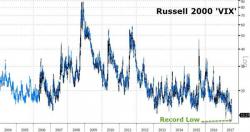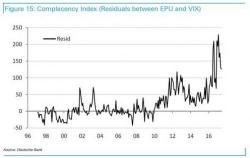Here's Why I Know Bitcoin and Ethereum Are In a Bubble, Built On Top of Outright Scams

Content originally published at iBankCoin.com
Most people aren't familiar with the cryptocurrency market. They merely see the price of Bitcoins trending higher and say 'hey, that's really cool. I should buy some for my clients.'
Let me explain to you why you're a fucking moron for doing so.
The price of Bitcoins and Ethereum are totally dependent upon the ICO market. Oh, you aren't in the least familiar with this wild west "Initial Coin Offering" market?
Let me explain.


